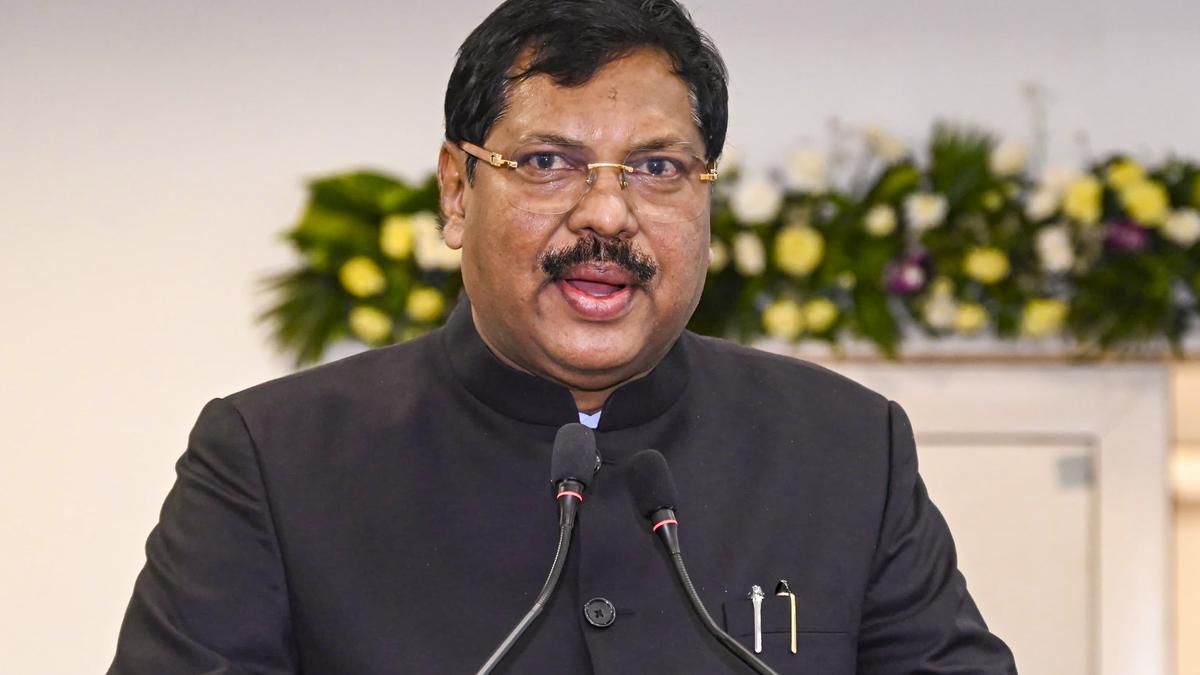Now Reading: Advocates Call for Inclusion of SC, ST, OBC Judges in Collegiums to Boost Judicial Diversity
-
01
Advocates Call for Inclusion of SC, ST, OBC Judges in Collegiums to Boost Judicial Diversity
Advocates Call for Inclusion of SC, ST, OBC Judges in Collegiums to Boost Judicial Diversity

Quick Summary:
- A Chennai-based advocates’ forum, led by K. Balu, co-chairman of bar Council of Tamil Nadu adn puducherry, has sent a representation to the Chief Justice of India (CJI) B.R. Gavai.
- The forum advocated for social diversity within the collegium system by including judges from Other Backward Classes (OBC), Scheduled Castes (SC), and Scheduled tribes (ST).
- Their reasons included corrective justice for historical exclusions, enriched perspectives in deliberations, and adherence to constitutional goals of social justice.
- They suggested that no legislative intervention was necessary; internal reforms could achieve these changes.
- Currently, recommendations for judicial appointments emerge from High Court collegiums based on merit, integrity assessments like Annual Confidential Reports or disciplinary records, followed by consultations with lawyers and judges.
- Names proposed are scrutinized by the Supreme Court collegium before recommendations go to the Center.
- Increasing calls have emerged over time for ensuring more representation from socially disadvantaged groups in both judicial appointments and now within the collegium itself.
Indian Opinion Analysis:
The call for increased social diversity within India’s judiciary highlights an crucial discourse surrounding inclusivity in decision-making institutions. Advocates argue that adding judges from OBCs and SC/ST communities woudl address long-standing structural exclusion while enriching deliberative processes with diverse lived experiences.This proposal could potentially strengthen public trust in judicial systems while aligning institutional practices closer to constitutional ideals such as equity and inclusion. Though, critics may point out challenges related to balancing merit-based judgments with representational equality during appointments-a delicate task requiring meticulous handling.
Internal reform without legislative interference adds a pragmatic approach encouraging faster implementation without legal hurdles. As demands grow louder on this front nationally,it remains noteworthy how discussions around transparency and equity continue focusing inward on institutions traditionally perceived as gatekeepers.
Read More: Link
























